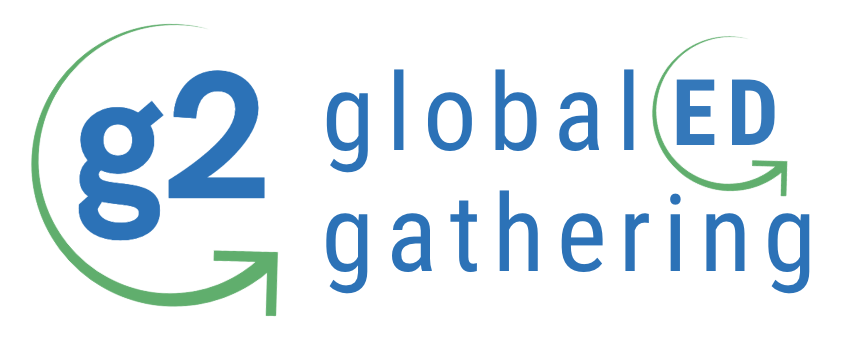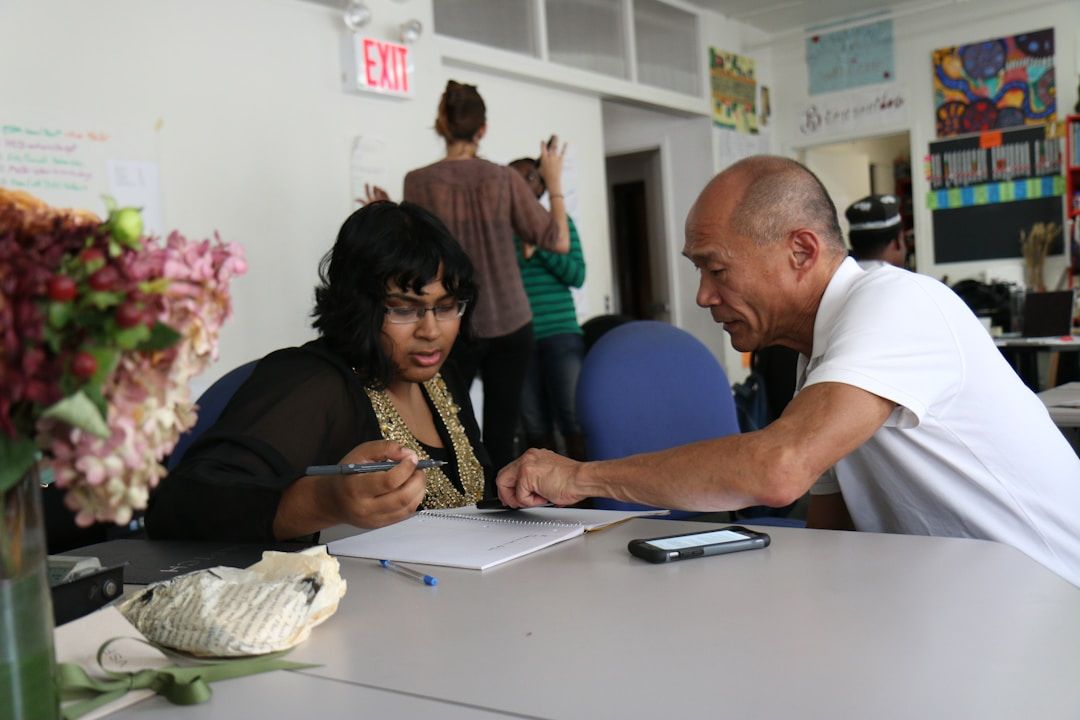As high school counselors, we play a crucial role in shaping the academic and emotional well-being of our students. In today's diverse and interconnected environment, understanding cultural competence is more important than ever. Suhaas Chandra, a passionate educator, visionary, and fellow high school counselor, emphasizes this importance in his exploration of cultural competence. He leads transformative initiatives at Suchitra Academy that redefine career guidance for students, from pioneering the Udaan advisory board to launching immersive internship programs and global university collaborations. With five years of teaching experience and having authored two books focused on personality development, Suhaas is dedicated to researching effective pedagogies and inspiring a love of learning in others.
He understands that for counselors, cultural competence is not just an optional skill; it is essential for fostering trust and effectively addressing the unique needs of our students. As our school communities become increasingly diverse due to globalization and migration, it is imperative for counselors to equip themselves with the tools necessary to bridge cultural gaps and provide equitable support.
This edition delves into why cultural competence matters in our profession and offers practical strategies to help you enhance your practice and create a more inclusive school environment. Join Suhaas as he discusses the importance of prioritizing cultural competence to ensure all students feel understood, valued, and empowered to succeed. By embracing cultural competence, we can transform our counseling practices and contribute to the holistic development of our students, guiding them towards a brighter future.
Leveraging Cultural Competence in Counseling: A Global Priority
In an increasingly interconnected world, cultural competence is a cornerstone of effective counseling, enabling practitioners to address diverse client needs with empathy and precision. For counselors worldwide, prioritizing cultural competence is not just a professional asset but a high-priority necessity, as it directly impacts client outcomes and therapeutic trust.
The Importance of Cultural Competence
Cultural competence involves understanding and respecting clients’ cultural backgrounds, including their values, beliefs, and social contexts. A 2021 study by the American Psychological Association (APA) found that culturally competent interventions improved client satisfaction by 35% and reduced dropout rates by 20% in therapy settings.
Global Challenges
With migration and globalization diversifying client populations, counselors face complex cultural dynamics. For instance:
- In Europe: The influx of refugees has heightened the need for counselors skilled in cross-cultural trauma-informed care.
- In Asia: Collectivist cultural norms often clash with Western therapeutic models, requiring nuanced adaptations.
The Urgency of Cultural Competence
The urgency of this skill is evident in data: a 2023 World Health Organization (WHO) report highlighted that 70% of mental health service users in low- and middle-income countries felt misunderstood due to cultural mismatches with providers. This gap underscores a global priority—counselors must bridge cultural divides to deliver equitable care. Without this, misinterpretations can erode trust, particularly where language barriers or cultural stigmas around mental health lead to disengagement.
Strategies for Cultivating Cultural Competence
To enhance cultural competence, counselors can adopt three practical strategies:
1. Engage in Continuous Cultural Self-Assessment
Tools like the Cultural Competence Self-Assessment Checklist (CCSAC) allow counselors to reflect on biases and knowledge gaps. A 2022 study in the Journal of Counseling Psychology showed that counselors using such tools improved their cultural sensitivity by 28% over six months.
2. Seek Immersive Learning Experiences
Participating in community-based training or virtual exchanges with counselors from different regions can significantly enhance cultural understanding. For example, the International Association for Counselling (IAC) advocates programs like the Global Mentorship Initiative, which connects counselors across continents to share culturally specific insights.
3. Integrate Culturally Tailored Interventions
Adapting therapeutic methods to include culturally relevant metaphors or familial dynamics can enhance the efficacy of interventions. Evidence from a 2024 meta-analysis in The Lancet Psychiatry indicates that tailoring cognitive-behavioral therapy for non-Western populations increases efficacy by 40%.
Real-World Applications
These strategies resonate with everyday challenges faced by counselors around the globe. For instance:
- A counselor in India might navigate caste-based stigma,
- A practitioner in the U.S. could address the impact of systemic racism on Black clients.
In Conclusion
Counselors worldwide must prioritize cultural competence as a professional imperative. By committing to self-assessment, immersive learning, and culturally tailored interventions, we can meet the diverse needs of our clients and uphold the global counseling community’s mission of inclusive, impactful care. Let us embrace the challenge of becoming culturally competent practitioners, paving the way for equitable and effective support for every client we serve.
So the next time you meet Amir, a recent immigrant from Afghanistan who struggles with homesickness and cultural adjustment after moving to India, by recognizing the significance of his cultural background, you could incorporate discussions about his experiences in Afghanistan, such as traditional festivals or family customs, and encourage him to share his stories. This will not only help him feel heard but also fosters a connection between his home culture and the school environment, making him feel more integrated and supported in his new surroundings.
Or when you have a one-on-one session with Priya, a tribal student from Mayurbhanj in Odisha, who grapples with the pressures of societal expectations tied to her identity. Engaging in open dialogues about issues such as caste discrimination and gender bias creates a safe space for her to address her concerns and challenges. Your cultural competence allows you to personalize support that validates her feelings and empowers her to navigate the complexities of her identity in a context that may often feel restrictive.
By prioritizing cultural competence in our counseling practices, we create opportunities for all students to feel understood, valued, and empowered to succeed. As Suhaas emphasizes, this commitment is essential to nurturing an inclusive school environment where every student, regardless of their background, can thrive. Let us embrace this imperative and work towards meeting the diverse needs of our students, paving the way for a brighter future for all.
Join the Buzz!
Get regular updates, news and more right in your mailbox.
Thank you!

